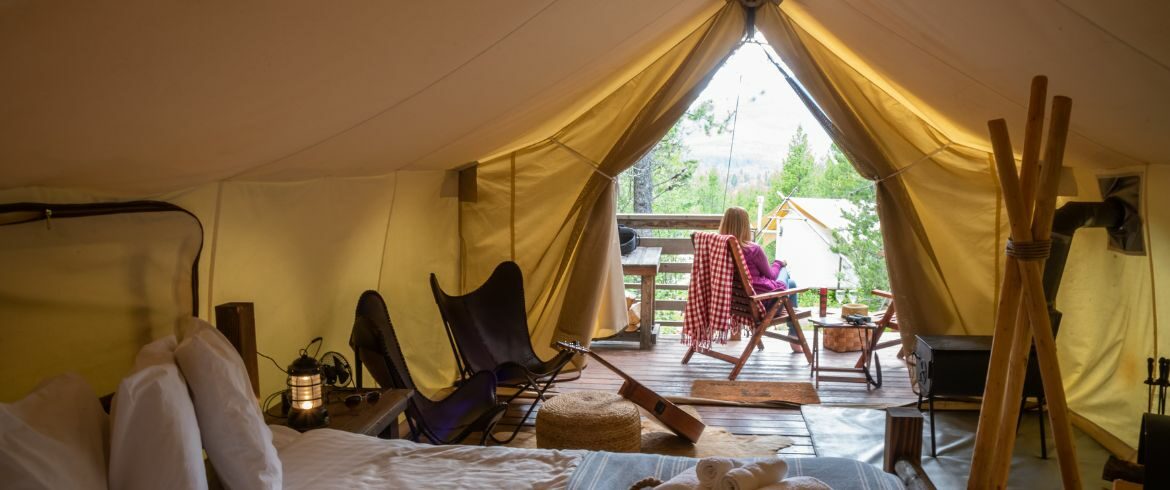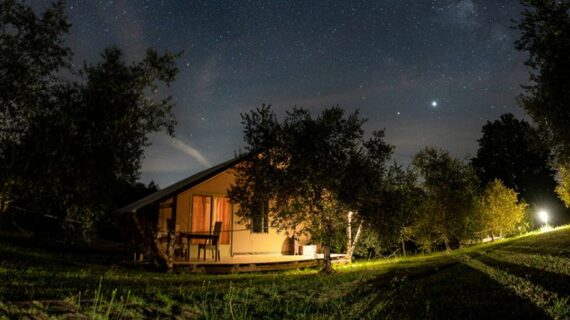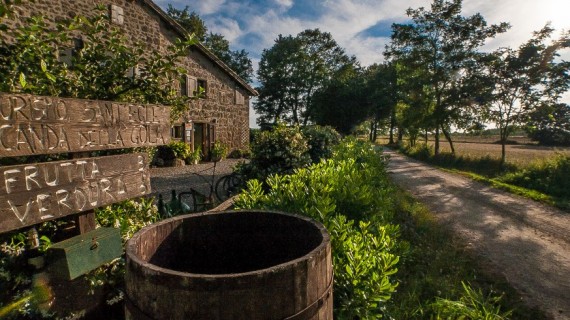As more of us are becoming more mindful of our purchasing habits, carbon footprint, and consumption of the Earth’s natural resources, our attention is also turning toward the way we choose to travel. Whether you’re looking for short-term housing (STH) for an upcoming business trip or are planning a two-week vacation with your family, there is now a vast range of eco-friendly accommodation options for you to choose from. In this article, we will look at some of these options enabling you to enjoy your travels in a way that benefits local ecosystems, communities, and the planet at large.
Eco Lodge
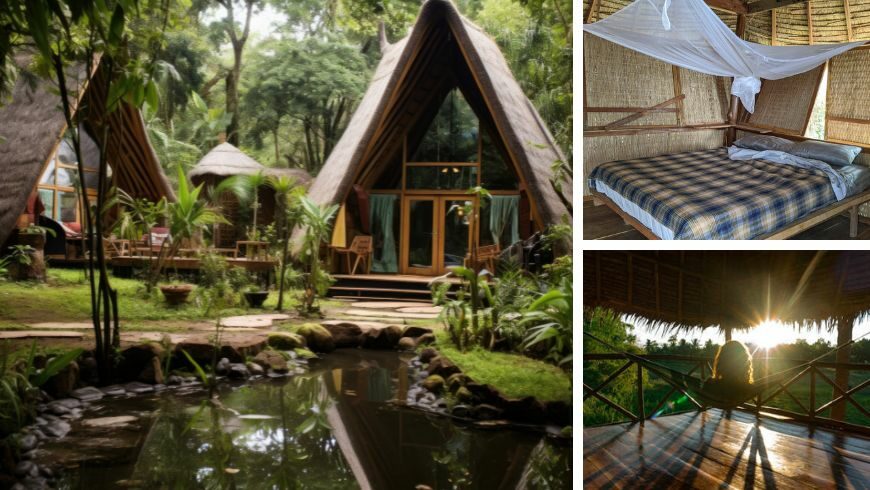
Usually based in more remote and natural environments, eco-lodges are one of the most eco-friendly forms of accommodation. These lodgings are respectful of their natural surroundings and are also a key attraction for travelers who are drawn to them for their beauty and breathtaking landscapes. From island getaways to lush forest retreats, eco-lodges are set up to emphasize environmental responsibility while reducing the adverse impact on their surroundings.
Key features typically include renewable energy sources, eco-friendly toiletries, recycling services, energy-efficient lighting, organic linens, locally sourced food, water conservation methods, non-toxic cleaning supplies, and many other sustainable and eco-friendly initiatives.
Camping
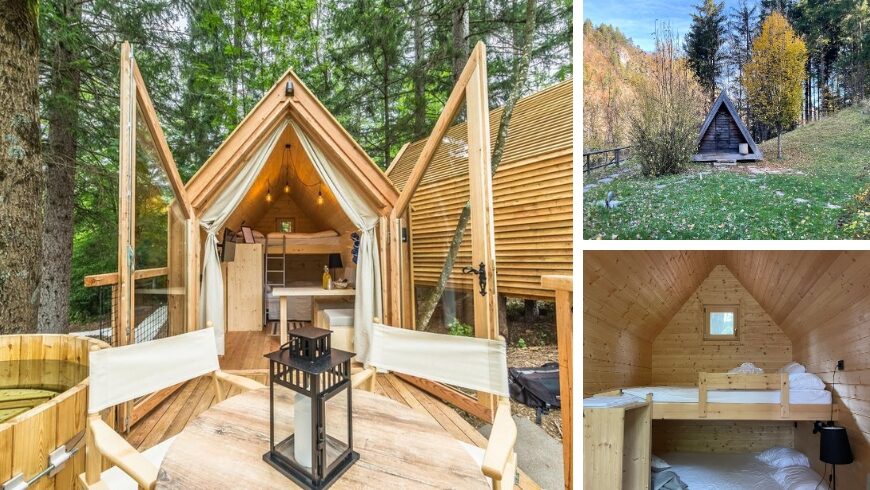
Camping is well-suited when it comes to eco-friendly types of accommodation. Pitching a tent in the forest or on a campsite and sleeping under the stars requires little to no natural resources and can be even more sustainable by stocking up on organic food or purchasing supplies from local shops or markets near to your destination. Bringing reusable dishes instead of throwing out paper or plastic ones can also benefit the environment as can trading your plastic bottles for reusable alternatives.
While most camping trips will require you to bring items such as sunscreen, lotions, and insect repellant, it is worth purchasing products that contain non-toxic ingredients that will not pollute nearby rivers or lakes. In addition to these items, and hygiene products such as soaps, toothpaste, hand sanitizers, and deodorants should also be biodegradable.
Indigenous Community Development Projects
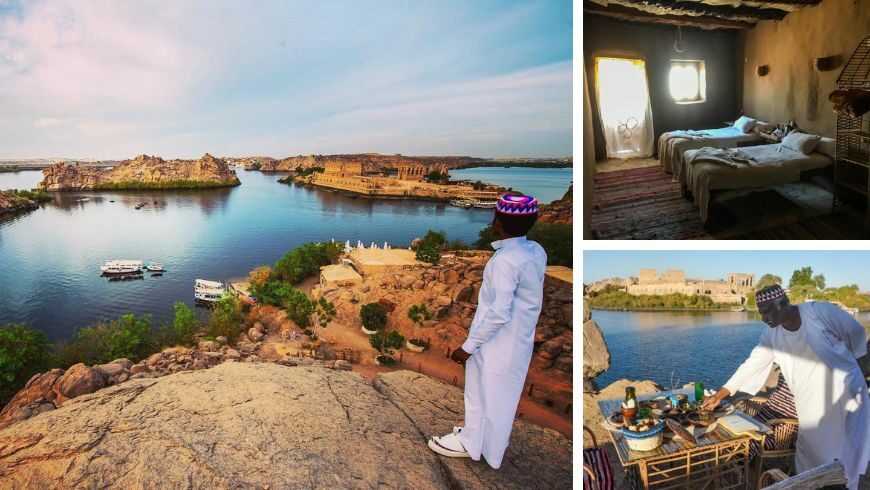
Tourism projects created by many indigenous communities offer accommodation options that are sustainable and eco-friendly for the land and its people. Many of these projects are located in natural and unspoiled areas that are rich in biodiversity as well as home to natural energy resources which have not been subject to modernization and non-sustainable commercial practices.
Indigenous community projects are popular in parts of the world such as South America, Africa, and Canada, and offer you the chance to live privately or with a local family in natural surroundings while eating locally sourced food and honoring your environment.
Eco Hostel
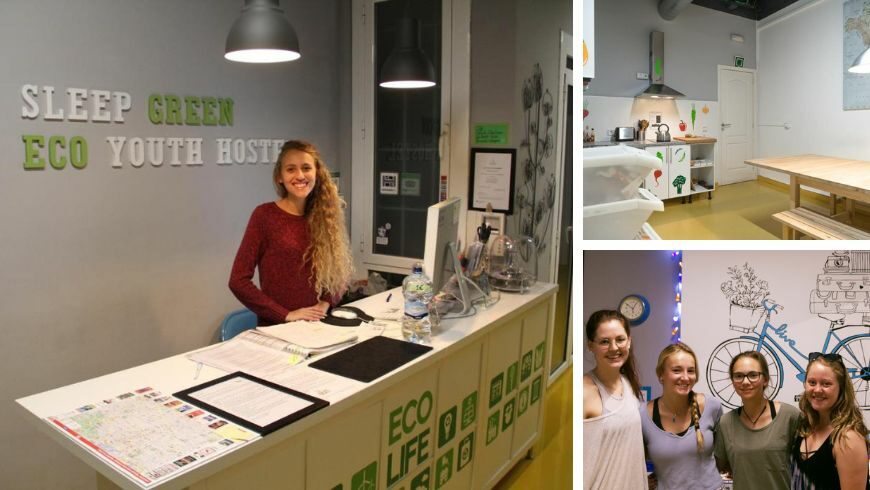
This eco-friendly form of accommodation is designed with the environment in mind. Features may include solar panels to generate sustainable electricity, locally sourced materials, water conservation methods, energy-saving light bulbs, non-toxic cleaning supplies, waste reduction, and more. Popular in parts of Europe such as Stockholm, Barcelone, Rome and Berlin, eco hostels also have the benefit of being an inexpensive way of traveling.
Eco-friendly accommodation can offer you a way to meet fellow travelers and see the world while doing your bit for the environment.
Cover image: photo by Karsten Winegeart via Unsplash
